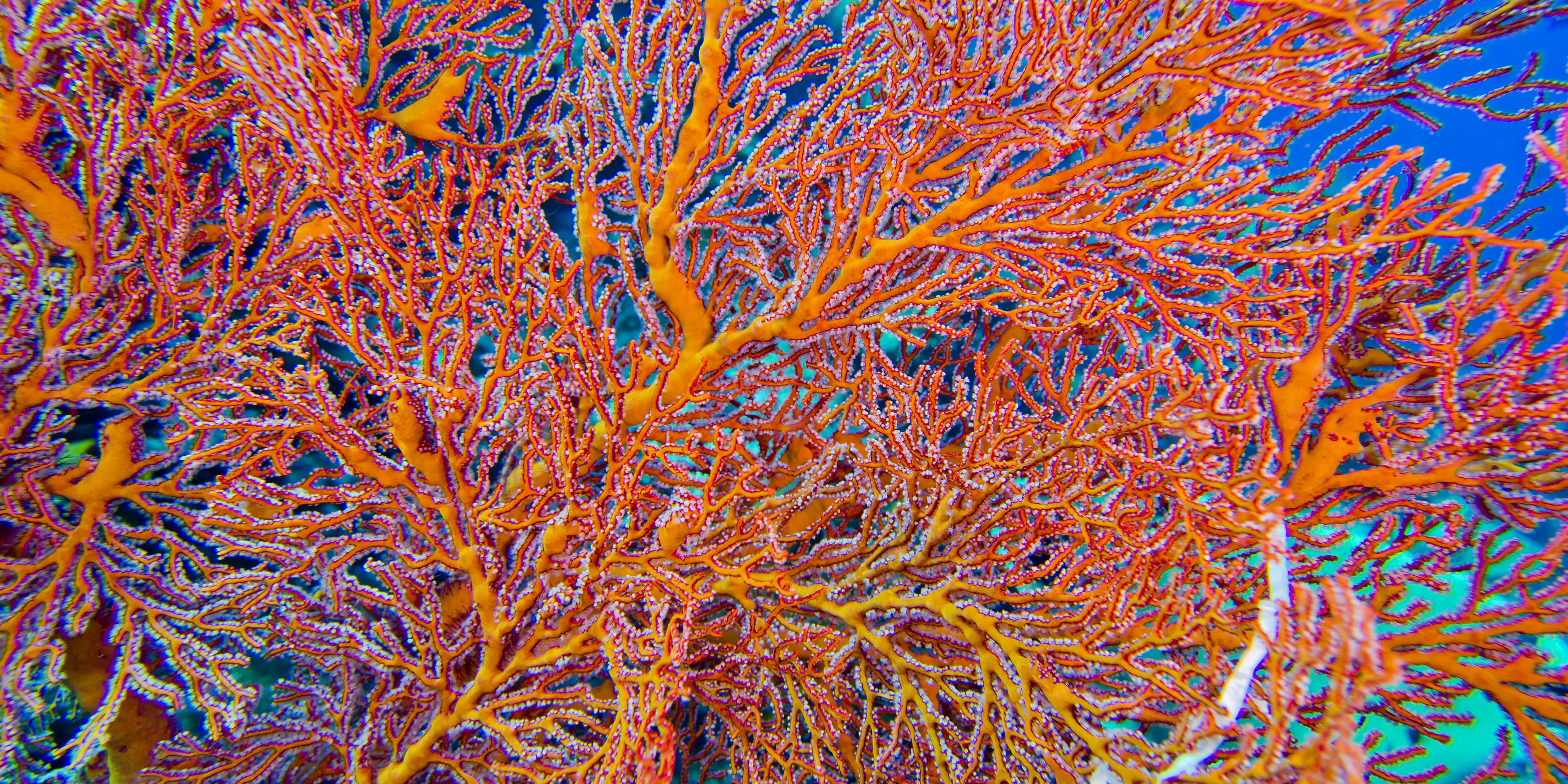What is marine zoology?
Marine zoology is a branch of biology that deals with the study of organisms that inhabit the marine environment. Although the similarities between terrestrial and marine organisms are noticeable, the marine world is extremely diverse and full of fascinating species that are not found in other ecosystems.
The main focus of marine zoology is on marine animals such as fish, marine mammals, crustaceans, mollusks, snails, as well as marine plants such as algae and seagrasses. The study of these organisms is crucial for understanding the diversity and functioning of the marine ecosystem, as well as for protecting endangered species and the marine environment as a whole.
Learning about and studying marine organisms
Research conducted in marine zoology is aimed at learning about the species and ecological diversity of marine organisms and understanding their lives, interactions and adaptations to the environment. Marine zoology uses various research methods, such as sample collections, field observations, laboratory studies and remote sensing.
Examples of marine zoology research:
Studying the migration of marine mammals and fish to understand their migratory patterns and to designate conservation areas.
Analyzing the impact of anthropogenic pollution sources on marine organisms and assessing risks to human health.
Studying social behavior and communication among dolphins and whales to understand their intelligence and social life.
Monitoring populations of endangered marine species, such as sea turtles and seals, to protect their habitats and prevent their extinction.
Human impact on the marine environment
Man has a huge impact on the marine environment and the organisms that inhabit it. Water pollution, overfishing, climate change and habitat loss are just a few of the factors negatively affecting marine ecosystems.
Overfishing and improper fishing methods are reducing fish populations, upsetting the ecological balance and putting some species at risk of extinction. Introducing appropriate restrictions and protecting areas where fish reproduce and develop their larvae is crucial to protecting marine and ocean biodiversity.
Climate change also has serious consequences for marine organisms. Rising water temperatures, ocean acidification and rising sea levels affect the functioning of marine ecosystems. These changes can lead to changes in the distribution of species, their migration and affect the life of organisms in the oceans.
Another factor is pollution of the marine environment. Waste dumping, pollution from industry, coastal tourism all contribute to the deterioration of water quality and disruption of marine ecosystems. Man should strive to minimize environmental impact and take measures to protect the seas and oceans.
Importance of marine zoology for environmental protection
Research conducted in marine zoology plays a key role in protecting the marine environment. By learning about the diversity of marine organisms, their ecology and habitat requirements, as well as the threats they are exposed to, effective conservation and resource management strategies can be developed.
Marine zoology also provides recommendations for environmental policy, such as the creation of marine protected areas, the introduction of restrictions on fishing and the reduction of pollution. Actions taken on the basis of marine zoology research are aimed at ensuring sustainable and balanced use of marine resources and preserving biodiversity.
Conclusions from marine zoology research are relevant to both science and environmental policy. Knowledge of marine organisms and their ecosystems allows informed decisions to be made to protect the seas and oceans and counteract negative human impacts on these unique environments.
Summary
Marine zoology is a science that deals with the study of marine organisms and ecosystems. Thanks to the research conducted in this field, we can better understand the life and functioning of marine organisms and find effective solutions to protect the seas and oceans. The impact of humans on the environment is enormous, which is why responsible action to protect the marine environment is so important for the preservation of biodiversity and the sustainable use of marine resources.